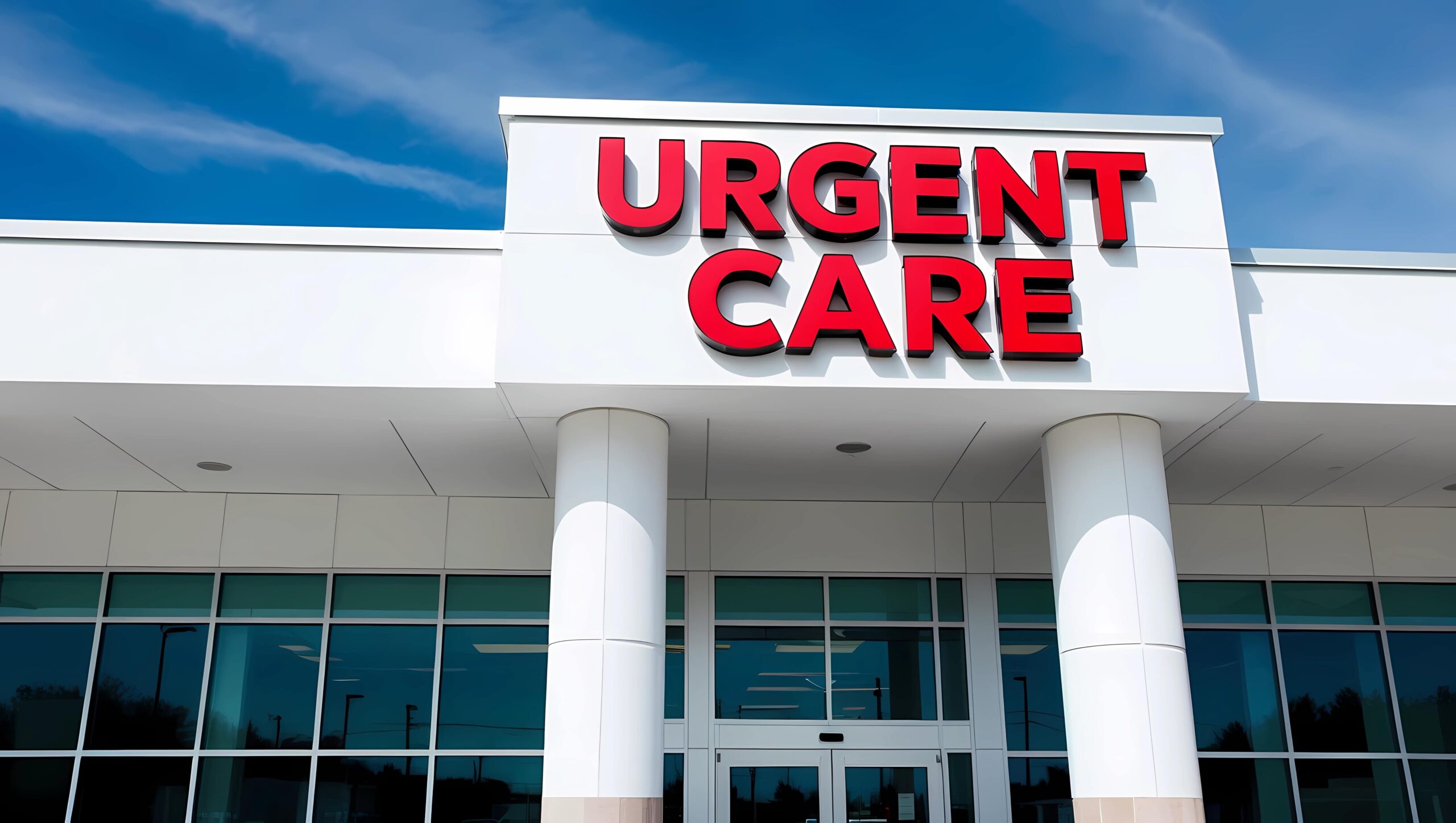Life is full of unexpected health issues, from minor injuries to sudden illnesses. Knowing when to go to urgent care can save you time, money, and unnecessary stress. Urgent care centers are designed to handle non-life-threatening conditions that require prompt attention. But how do you know when your situation warrants a visit to urgent care instead of a trip to the emergency room (ER) or waiting for a primary care appointment? This guide will help you understand the role of urgent care and when it’s the best option.
Understanding Urgent Care
Urgent care centers fill the gap between primary care and emergency services. They are equipped to handle a variety of medical issues that need prompt attention but are not severe enough to require a visit to the ER. These facilities typically offer extended hours, including evenings and weekends, and do not require appointments. They are staffed by healthcare professionals, including doctors, nurse practitioners, and physician assistants, who can provide immediate care for a wide range of conditions.
When to Go to Urgent Care
Minor Injuries
- Sprains and Strains: If you’ve twisted your ankle or pulled a muscle, urgent care can provide treatment such as splints, bandages, and pain relief.
- Minor Fractures: Urgent care centers can often handle simple fractures. They have X-ray machines and can apply casts or splints.
- Cuts and Lacerations: For cuts that aren’t too deep but might need stitches, urgent care is a good option. They can clean and close wounds and administer tetanus shots if needed.
Illnesses and Infections
- Cold and Flu Symptoms: If you’re experiencing symptoms like a sore throat, fever, cough, or body aches, urgent care can provide diagnosis and treatment, including flu tests and medication prescriptions.
- Ear Infections: Ear pain, especially in children, is a common reason to visit urgent care. They can diagnose ear infections and prescribe antibiotics if necessary.
- Urinary Tract Infections (UTIs): Symptoms like painful urination and frequent urges can be quickly addressed at urgent care, where you can get tested and receive antibiotics.
- Sinus Infections: For sinus pain and pressure that doesn’t improve with over-the-counter treatments, urgent care can offer more effective medications.
Skin Conditions
- Rashes and Infections: Urgent care centers can diagnose and treat various skin conditions, such as rashes, allergic reactions, and minor infections.
- Minor Burns: For first-degree burns or small second-degree burns, urgent care can provide appropriate dressings and pain relief.
Vaccinations and Preventive Care
- Flu Shots and Other Vaccinations: Urgent care centers often provide flu shots and other routine vaccinations without the need for an appointment.
- Travel Medicine: If you’re preparing for international travel, urgent care can offer necessary vaccinations and travel-related advice.
Other Non-Life-Threatening Issues
- Allergic Reactions: Mild to moderate allergic reactions, such as hives or localized swelling, can be treated at urgent care. However, for severe reactions (anaphylaxis), go to the ER immediately.
- Asthma Flare-Ups: If your asthma is acting up but you’re not in severe distress, urgent care can provide breathing treatments and adjust your medications.
- Minor Eye Injuries: For issues like pink eye, minor eye injuries, or irritations, urgent care can provide appropriate care and prescriptions.
When to Go to the Emergency Room
It’s crucial to distinguish between situations appropriate for urgent care and those requiring emergency care. Go to the ER or call 911 for:
- Chest pain or pressure: This could be a sign of a heart attack.
- Severe abdominal pain: This could indicate appendicitis or another serious condition.
- Difficulty breathing: Severe asthma attacks, choking, or other respiratory issues.
- Sudden, severe headache: Especially if accompanied by other symptoms like vision changes.
- Stroke symptoms: Such as sudden numbness, weakness, confusion, or difficulty speaking.
- Severe bleeding: Deep cuts or wounds that won’t stop bleeding.
- Head or spinal injuries: After a fall or accident.
- Severe burns: Large or deep burns require immediate attention.
- Seizures: Especially if the person has never had one before.
Benefits of Choosing Urgent Care
Opting for urgent care for non-emergency situations offers several advantages:
- Shorter Wait Times: ERs prioritize life-threatening conditions, so wait times for non-critical issues can be long. Urgent care centers usually see patients more quickly.
- Lower Costs: Visits to urgent care are generally less expensive than ER visits, making them a cost-effective option for minor issues.
- Convenience: With extended hours and no need for appointments, urgent care centers provide flexibility that fits into your schedule.
Urgent care centers are a valuable resource for addressing non-life-threatening medical issues that require prompt attention. Understanding when to choose urgent care over the ER or a primary care appointment can save you time and money while ensuring you receive appropriate care. Remember, for any life-threatening or severe condition, always go to the ER or call 911. For everything else, urgent care is there to help you get back on your feet quickly and efficiently.
Contact us today to learn more about our primary medical and urgent care services and partnerships.

